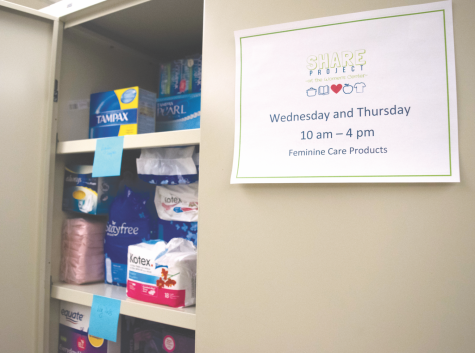Opinion: The ethics of your inner clock
October 14, 2014
If you wake up in the morning and are ready to take on a new day, and even go as far to see the morning as a beautiful reminder that you are alive, you are probably a morning person.
If you aren’t a morning person, the start of your day is a lethargic struggle just to get out the door in one piece. I cannot function in the morning without a cup of coffee, and anyone who speaks to me before that will witness a series of angry grunts and lots of scowling. This is also why I own about four travel mugs.
Why do mornings just ruin my day? It’s because I am an evening person — or a night-owl — and I thrive at night.
While we may see these differences in wakeup times as simply part of who we are, a 2014 study from the journal Psychological Science found that whether you thrive during the day or night can determine when you are the most ethical. What the researchers found is that morning people are more ethical in the morning and evening people are more ethical in the evening.
I think any aspect of ethical behavior is important because ethics help define a person’s morals, which can help pave good or bad life choices.
Now, they aren’t saying that morning people turn into car robbers in the afternoon or vise versa for the evening people, but things like lying to your boss or the people around you is a small, yet unethical dilemma. But, taking note of whether you are a morning or evening person could help you live a more ethical life.
Psychology Today breaks down your body’s inner clock into social clock, solar clock and biological clock. Your social clock is the time you start the functioning parts of your day like work and school, eating and other tasks; the solar clock is the actual amount of light and warmth during the day; your biological clock is the 24-hour cycle of your body’s biological functions like your metabolism and sleeping habits.
Understanding each part of these clocks in your own life can help you pinpoint when you are the most efficient (morning or evening) and allow you to start making changes to keep yourself from small unethical flops like lying or even cheating during your rough times of the day.
For morning people, it could be as simple as a midday nap.
Sunita Sah, a co-author of the Psychological Science study and an assistant professor of business ethics at Georgetown University, suggests that morning people try and take naps to help productivity, and therefore ethical decisions.
Evening people have it a bit harder, since conforming to morning people standards is often a suggestion. I think instead of entirely changing the time you function (which may not be an easy fix) try altering your sleep schedule to help retrain your inner rhythm just a little bit earlier than before. Psychology Today suggests trying to adjust your sleep schedule by 10 and then 20 minutes earlier.
Regardless of when you thrive, I think being an ethical person is important to being happy with your relationships and successes. So embrace your morning or evening self and try making small changes in the name of ethics.
Contact Carley Hull at [email protected].






















